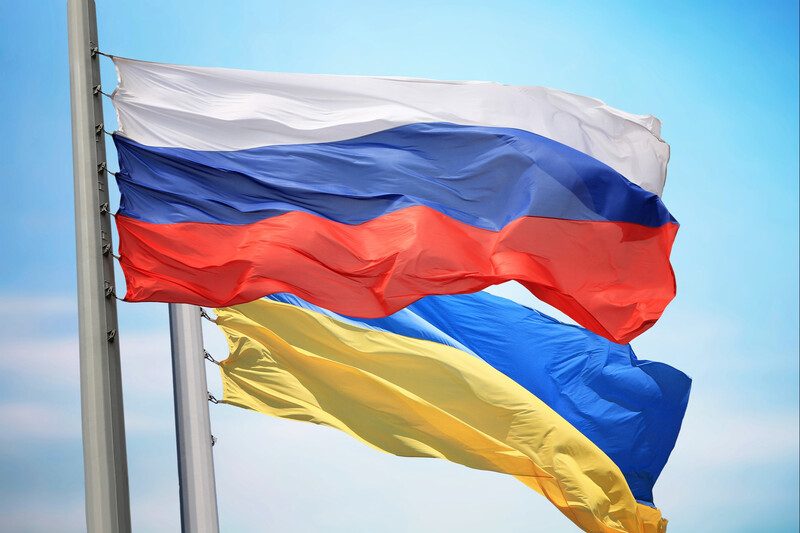L’Union européenne, le Royaume-Uni, les États-Unis, le Canada et le Japon ont décidé d’exclure de nombreuses banques russes de Swift (Society for Worldwide Interbank Financial Telecommunication), le système de paiement interbancaire international le plus utilisé dans le monde. Quelles sont les conséquences pour la Russie ?
La réticence de l’Italie et de l’Allemagne, dépendantes du gaz russe
Si la majorité des pays occidentaux s’étaient prononcés en faveur d’une exclusion de la Russie du réseau Swift depuis plusieurs jours, certains pays européens restaient réticents, notamment l’Italie et l’Allemagne.
Ces deux pays comptent en effet sur les livraisons de gaz russe, surtout l’Allemagne, qui est le premier partenaire européen de la Russie. Le gaz représente un quart de l’énergie consommée par l’Allemagne, et la moitié de ce gaz provient de la Russie. En France, le gaz russe représente 17 % de la consommation de gaz du pays.
Or, l’Allemagne utilise le système de paiement interbancaire Swift pour régler ses achats de gaz à la Russie. En déconnectant cette dernière de Swift, l’Union européenne s’expose donc à un net ralentissement de l’approvisionnement russe en gaz, mais aussi en pétrole.
Les exportations d’énergie fossile de la Russie représentent une importante partie des 42 millions de messages financiers qui transitent chaque jour via Swift, entre les 11 000 institutions connectées au réseau à travers plus de 200 pays. Ces messages financiers peuvent correspondre à des transactions, des commandes, des ordres boursiers ou encore des confirmations de paiement.
Exclusion de Swift : d’importantes conséquences économiques
Sous la pression des autres pays européens, l’Italie puis l’Allemagne ont fini par accepter l’exclusion de nombreuses banques russes de Swift. L’Union européenne est accompagnée dans cette décision par les États-Unis, le Royaume-Uni, le Canada et, depuis dimanche, par le Japon, qui a également pris des mesures de limitation des exportations de semi-conducteurs vers la Russie.
L’exclusion du réseau Swift va avoir un impact important sur l’économie russe. D’après les experts occidentaux, cette sanction, qualifiée par le ministre de l’Économie et des Finances Bruno Le Maire de véritable « arme nucléaire financière », pourrait coûter 7 % de son PIB à la Russie. Durant la guerre de Crimée en 2014, alors que l’exclusion de Swift avait été évoquée, mais non appliquée, la Russie elle-même avait estimé qu’une telle sanction pouvait faire chuter son PIB de 5 %.
Alors que la décision de l’exclusion de la Russie du réseau Swift a été prise le 26 février, de nombreux Russes ont procédé à des retraits massifs dès le 27. Plusieurs filiales européennes de la banque russe Sberbank Europe AG sont d’ores et déjà en faillite, et le rouble a chuté de 30 % par rapport au dollar.
Depuis la guerre de Crimée, la Russie a tenté de bâtir une alternative à Swift pour ne pas dépendre de ce réseau. En 2017, elle a ainsi mis en place le système SPFS, qui est toutefois loin d’être en mesure de remplacer Swift. Il regroupe environ 400 banques russes, et seulement une douzaine d’institutions étrangères, notamment en Chine et en Biélorussie.
Si le système SPFS peut être utile pour éviter une trop grande désorganisation, il ne permettra pas à la Russie de traiter avec les pays occidentaux. Par ailleurs, le SPFS n’a pas les performances de Swift : alors que Swift peut supporter des messages allant jusqu’à 10 mégabits, le SPFS tolère une taille maximale de 20 kilobits, et le système ne fonctionne pas en continu. Actuellement, un cinquième des transactions financières russes transitent par le SPFS.
Reste que si l’économie russe va incontestablement pâtir de sa déconnexion de Swift, la sanction n’est pas non plus sans conséquence pour les pays occidentaux.
D’une part, ils ne bénéficieront plus du contrôle officieux sur les flux financiers mondiaux que leur permet Swift. D’autre part, outre les problèmes d’approvisionnement en énergies fossiles en provenance de Russie, de nombreuses entreprises risquent de devoir stopper leurs exportations faute de pouvoir être payées. L’Union européenne exporte 89 milliards d’euros de biens à destination de la Russie chaque année, dont 5 milliards à l’échelle de la France.
